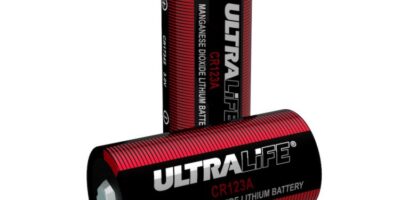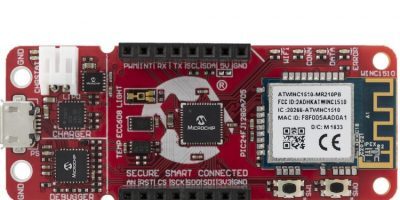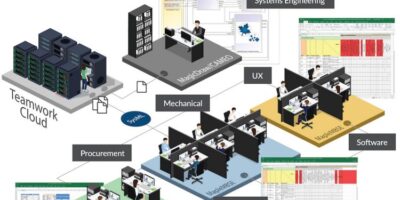An updated version of Xsens’ MT software suite provides enhanced support for the NMEA interface for marine electronics, which is claimed to make calibration easier for end users, and improve the developer graphical user (GUI) interface, says the company.
The open source applications programming interface (API) enables users to develop applications to run on many embedded computing platforms. The software suite is an upgraded version of the existing software package for Xsens’ MTi-series of industrial motion trackers. An updated GUI for the MT Software development kit has improved signposting of functions.
The open source API is called XDA (Xsens Device API) and is intended for use on any computing platform that runs a Windows or Linux operating system. While many developers will continue to create applications to run on a PC or laptop, increasing numbers are developing prototypes and finished products on third party embedded computing platforms such as Raspberry Pi or Beagleboard.
The XDA in MT software suite 2019 gives developers access to the code for the first time to enable them to compile it for these platforms, for other third-party boards, or for proprietary embedded computing platforms. They can also modify or extend the XDA to support the particular requirements of their development project.
The XDA is also claimed to greatly facilitate debugging and application problem-solving, as users can now see in detail the message flow between an MTi-series module and the host application.
Users can now choose from hundreds of commercial hardware development platforms that support the Windows or Linux environments, says the company. There are also enhancements to the user experience and extended message support for working with Xsens motion tracking modules.
Enhancements to the MT software suite 2019 release include extended National Marine Electronics Association (NMEA) message support, helping developers integrate an MTi module more easily with third-party equipment. There is also a uniform set of application examples across all supported programming languages, for greater consistency of user experience and an upgraded magnetic field mapping function which makes it easier for the end user to perform a calibration routine for any MTi-series module.
The MT Software Suite 2019 is now available for download from the Xsens website. It supports all current MTi-series products. Xsens is also providing updated firmware for all MTi modules, compatible with the new MT Software Suite 2019.






